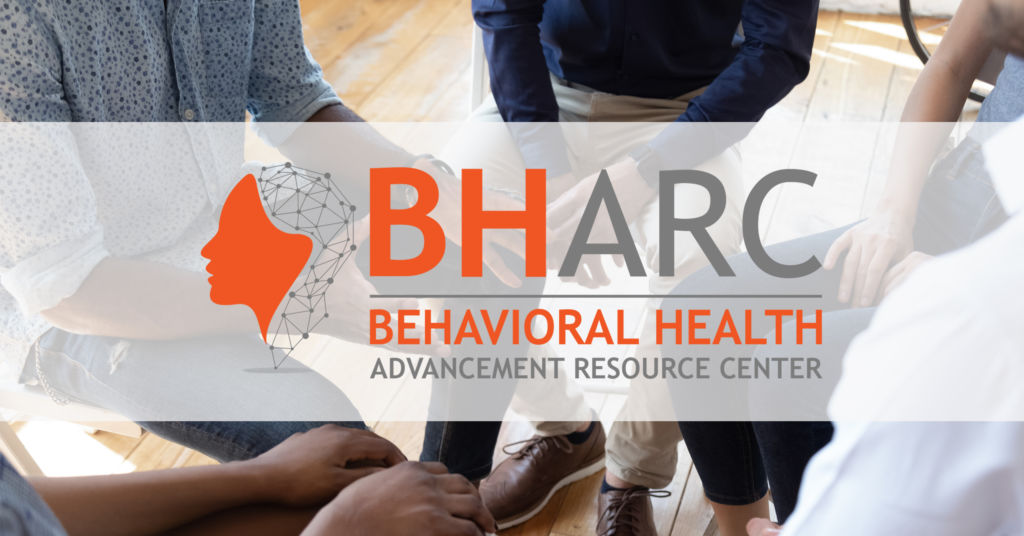Bizzell Launches Behavioral Health Advancement Resource Center to Aid Behavioral Health Priorities (BHARC)
August 10, 2020 (Lanham, MD) – The Bizzell Group (Bizzell), an award-winning strategy, technology, and consulting services firm with a passion for improving lives, today announced the launch of the Behavioral Health Advancement Resource Center (BHARC). This new site presents innovative solutions for organizations of all sizes, in business, governmental agencies, and non-governmental organizations to some of the most critical issues affecting the well-being of the human race today. Chief among these issues are the opioid epidemic, substance use disorders and suicide prevention.
The increasing number of COVID-19 cases nationally and around the globe has heightened concerns about mental health and substance abuse and misuse issues. With stay-at-home restrictions, social isolation, and fear of contracting the virus as contributing factors for increased anxiety, attention to mental health is of greater importance than ever. This is especially true in lower socioeconomic areas where resources are limited. BHARC will serve as a valuable source of solutions to improve and maintain community health and well-being across the United States and around the world.
BHARC provides the following tools:
- Subject matter expertise on the areas of substance use, mental health, vulnerable populations, HIV and AIDS, tobacco research, suicide prevention, maternal and child health and social behavior change
- Technical assistance, trainings and innovative tools
- News, media and industry insights
BHARC developed as a result of Bizzell’s work over the years within the federal health space, including:
- U.S. Department of Health and Human Services (HHS)
- Centers for Disease Control and Prevention (CDC)
- Centers for Medicare & Medicaid Services (CMS)
- Food and Drug Administration (FDA)
- National Institutes of Health (NIH)
- Office on Women’s Health (OWH)
- Substance Abuse and Mental Health Services Administration (SAMHSA)
- United States Agency for International Development (USAID)
- U.S. Department of Defense (DoD)
- U.S. Department of Labor (DOL)
“At Bizzell, we are accelerating advancements in behavioral health, working with clients and agencies to prioritize prevention,” said Anton C. Bizzell M.D., CEO and President of The Bizzell Group. “Many communities are disproportionately affected and change needs to start from within the public health spectrum. This includes taking initiative on how we can provide resources to better improve clinical medicine, community health and maternal and child health so that we build healthy, secure and connected communities around our nation and around the world.”
For more information on The Bizzell Group’s Behavioral Health Advancement Resource Center or to sign up for the newsletter, please go to https://www.bharc.org
About Bizzell
Established in 2010, The Bizzell Group (Bizzell) is a U.S. Small Business Administration (SBA) 8(a) certified strategy, consulting, and technology firm that specializes in program management, administrative support, communications and outreach, conference management and logistical support, health services and research, technical assistance, and training and development. Bizzell’s expert staff and consultants work on health, scientific, education, environmental, research, and information technology projects that advance national priorities. Under the leadership and vision of founder, Anton C. Bizzell, MD, the company has grown from a staff of two in one small office, to a thriving firm with four offices in Lanham, MD, Rockville, MD, Atlanta, GA and the Democratic Republic of the Congo, with ongoing projects around the world. Learn more about how we develop data-driven, research-informed, innovative solutions to complex-real-world challenges: The Bizzell Group.



